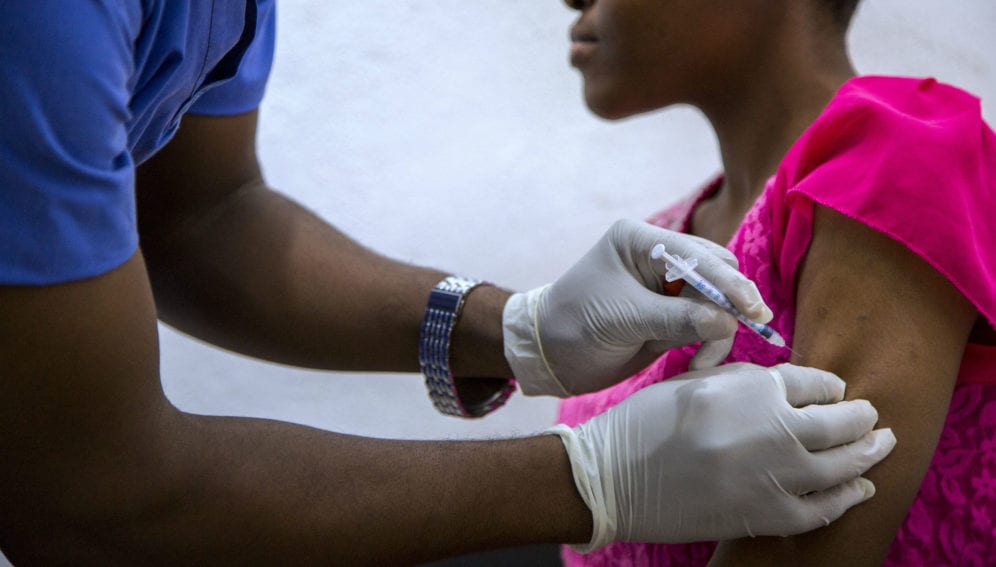Send to a friend
The details you provide on this page will not be used to send unsolicited email, and will not be sold to a 3rd party. See privacy policy.
[NAIROB] Men in Kenya’s informal urban settlements are forcing women to stop using contraceptives, resulting in the use of family planning methods that include injectables and implants clandestinely to evade these barriers, a study reveals.
A different study conducted in 2016 says that the practice of secret family planning in male-dominated settings in Sub-Saharan Africa range from six per cent to over 50 per cent.
Societal pressure in the region means the use of contraceptives to avoid pregnancy is limited, researchers from Ujamaa Africa and US-based Johns Hopkins Bloomberg School of Public Health and Johns Hopkins School of Nursing reported in a study presented at the 5th International Conference on Family Planning today (14 November) in Kigali, Rwanda.
“We encourage healthcare providers to recognise reproductive coercion as an issue women in these communities are facing.”
Shannon Wood, Johns Hopkins Bloomberg School of Public Health
So-called reproductive coercion occurs when male partners either refuse to use male contraceptives, such as condoms, or force their female partners to discontinue using contraception.
“Reproductive coercion is occurring in these communities [in Nairobi],” says Shannon Wood, a PhD candidate at the Johns Hopkins Bloomberg School of Public Health and a co-author of the study.
“We encourage healthcare providers to recognise reproductive coercion as an issue women in these communities are facing when providing family planning and violence services,” Wood said.
According to the researchers, Nairobi’s urban informal settlements are an ideal place to examine reproductive coercion given their dense population, high rate of intimate partner violence and high fertility.
“We used focus group discussions with 49 female survivors of intimate partner violence,” explained Wood. “This included both quantitative measures, as well as further in-depth interviews to better understand the mechanisms, manifestation, and potential safety strategies for women undergoing reproductive coercion.”
Yohannes Dibaba, a researcher in population and reproductive health at the Kenya-based African Population and Health Research Center, says reproductive coercion is a health problem among women and adolescents in Sub-Saharan Africa.
“This contributes to the high maternal mortality largely from repeated pregnancies that [are] spaced too closely together,” he explains. “For adolescents and young women, sexual violence and the inability to negotiate condom use increase their risk of HIV infection.”
There is a need for women to be empowered economically, educationally and also to be involved in decision-making concerning reproductive health, according to Dibaba.“In the long term, this is about women’s empowerment,” he said.
This piece was produced by SciDev.Net’s Sub-Saharan Africa English desk.














